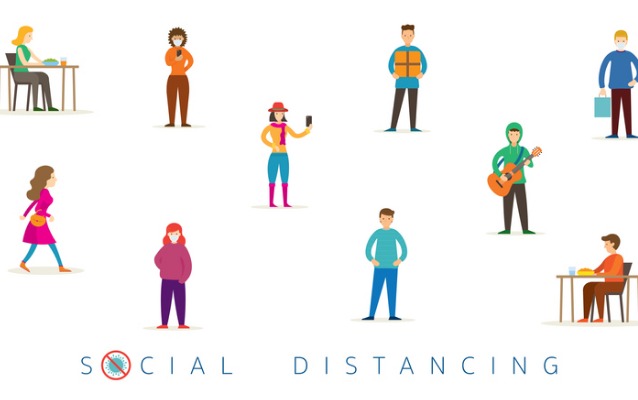Countries grappling with COVID-19 lockdown measures are considering the concept of "social bubbles," where citizens select a small group to interact with on a regular basis. New Zealand, Scotland, and Belgium are implementing or considering the idea, but its effectiveness and feasibility in densely populated nations remains controversial. The system depends on trust, potentially complicating personal relationships, and experts restress the importance of careful implementation to prevent virus resurgence.










